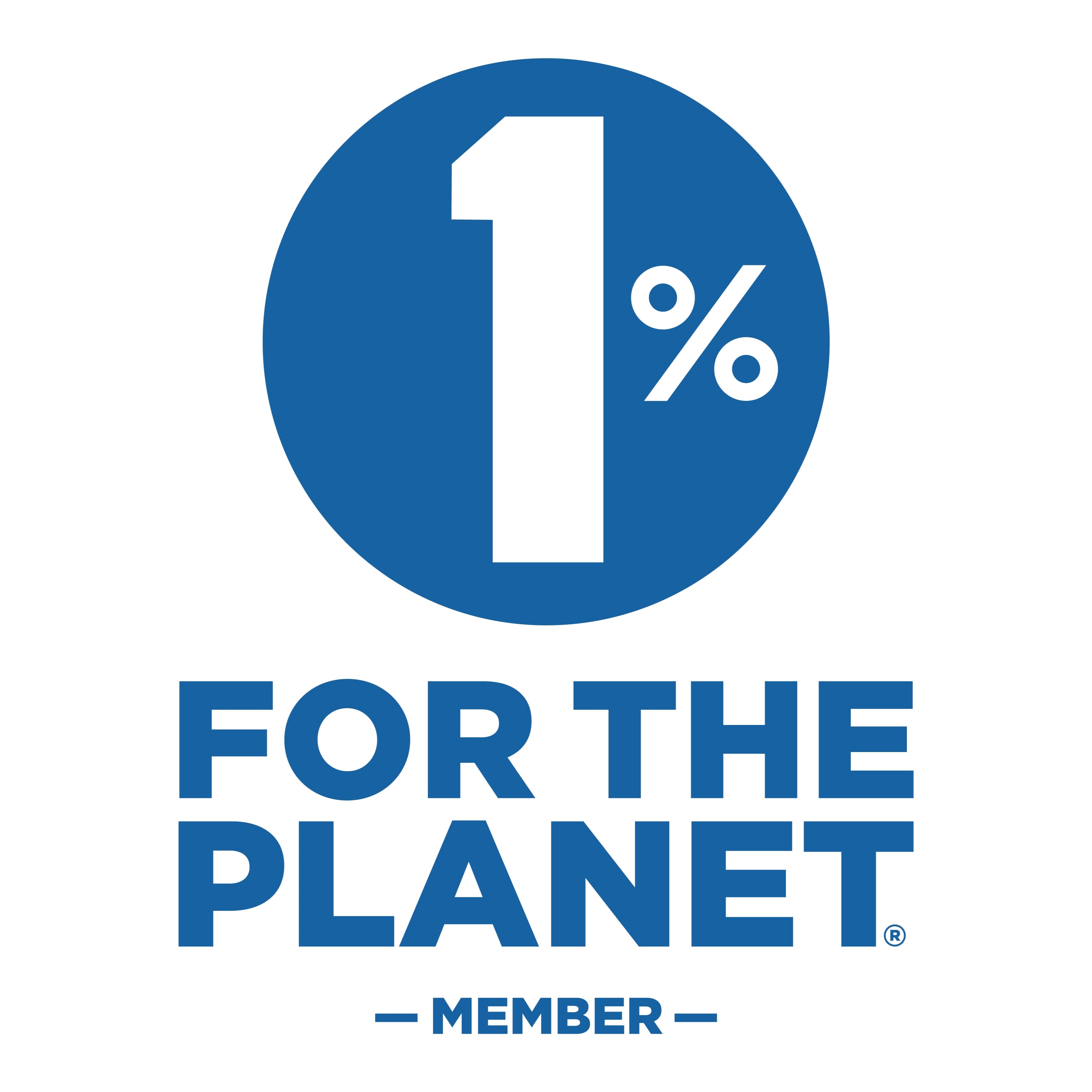COP26 has put politicians in the spotlight- we voted them in and now they have to deliver radical implementations to reverse climate change. They must deliver on their promises and provide the capital to enable counties to switch to greener economies. Let’s see.
But it’s not just the politicians who have work to do- we do too. If we are to help in this process we need to become eco-conscious. That means we have to consider our purchases and actions and whether they will have an impact on the planet. Will we #minimiseourhumanfootprint? Let’s take 2 Sectors: Food and Travel
Food: Let’s take food as an example. Governments around the word have been advising us to reduce our salt, fat and sugar intake, They have forced manufacturers to display their products contents clearly – the UK uses a traffic light system where red signifies high in salt or fat or sugar, orange be aware that there is significant salt fact or sugar content, and green means its ok. But to be eco-conscious we now need to consider where our food has come from. Last week we failed- we bought blueberries for the office, and they turned out to be from Peru. They were flown in from Peru! The previous week, they were presented in the same packaging, but they had come from Scotland. We assumed the recent purchase was also from Scotland We didn’t check – our bad. We’ll be ensuring we only buy seasonal, local produce in future.
Food Delivery: there is no doubt that the global pandemic has given rise to a proliferation in home delivery companies, especially those focussing on ‘the last mile’. It seems like we have become lazy and expect grocery products to be delivered to us immediately without any regard for the impact on the roads and environment. Bulk, weekly shop, home deliveries by electric vehicles makes more sense. Walking to your local store makes more sense (if you can carry the items home). Don’t get us started on what we think about coffee and fast-food home deliveries!
Travelling for work: many of us are used to travelling for work. Points gained to access Lounges and upgrade seats should perhaps be traded to offset our carbon footprint instead, We now have to make eco-conscious considerations and question whether we actually need to fly to a meeting. We have teleconferencing facilities like Zoom, Meets and Teams; and apps like DocuSign which enable us to sign documents digitally. We are acutely aware that there’s nothing like meeting face to face and having a working dinner, but we must all recognise that we are facing a global climate crisis and we have to change our behaviour and forsake the loyalty points benefits. This crisis requires immediate cessations of things we have become accustomed to, like work trips. We haven’t flown abroad for work since 2019, to be honest, largely due to the pandemic, but we have no immediate plans to do so again.
Travelling for pleasure: this is tough. We have all become used to the availability of cheap flights abroad. Economies around the world depend on foreigners travelling in droves to the sun and snow. We really shouldn’t be doing it in this way anymore. If the Government taxes the flights, it’ll mean that only the rich will be able to travel. So to be eco-conscious it would be good if the airlines put on fewer flights with larger, more efficient planes, plus carbon offset schemes. We look forward to emission-free aircraft. We all need to consider travelling less. We switched our annual ski-trip aircraft flight to Geneva last February and took the Eurostar train instead- It was not only better for the planet but better for us too. Don't get us started on what we think about cruise ships!
We all need to be eco-conscious and contribute to a circular economy.
(Image: ©Airbus 2020 All Rights Reserved IIVS)
#MinimiseOurHumanFootprint
©Ateliers Verts Ltd. 2021
Back to: Ateliers Verts® The Magazine





